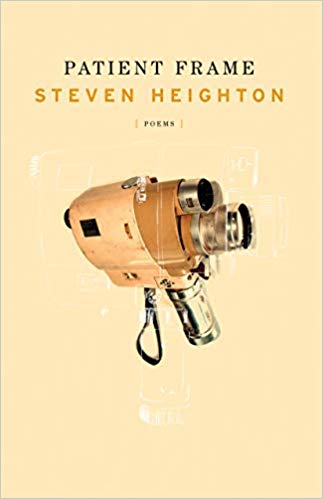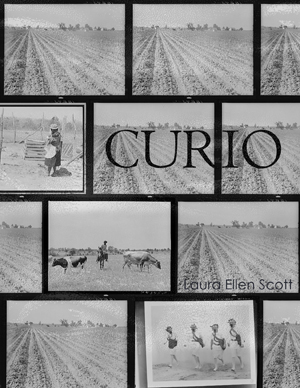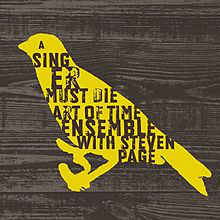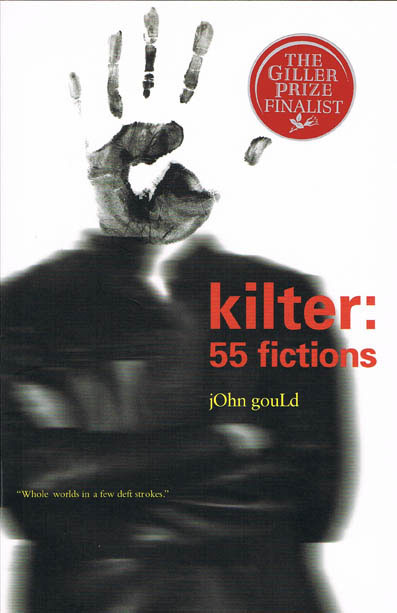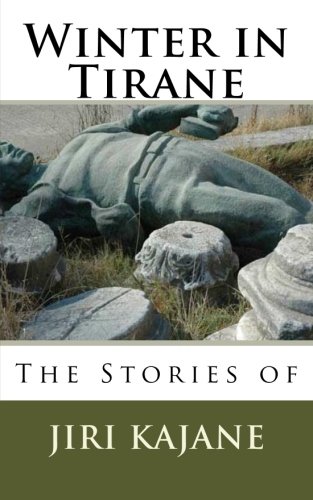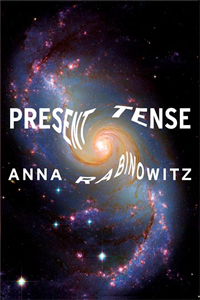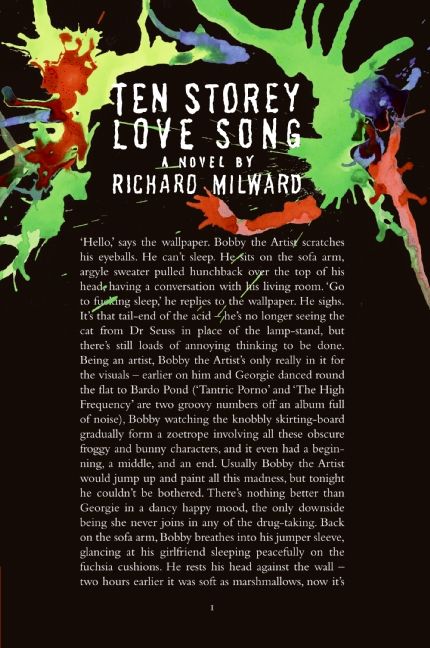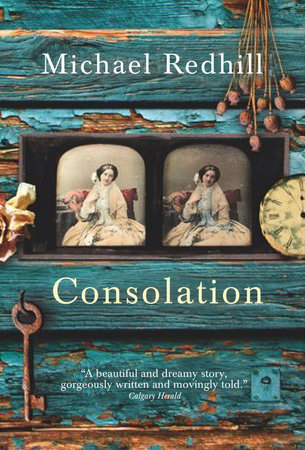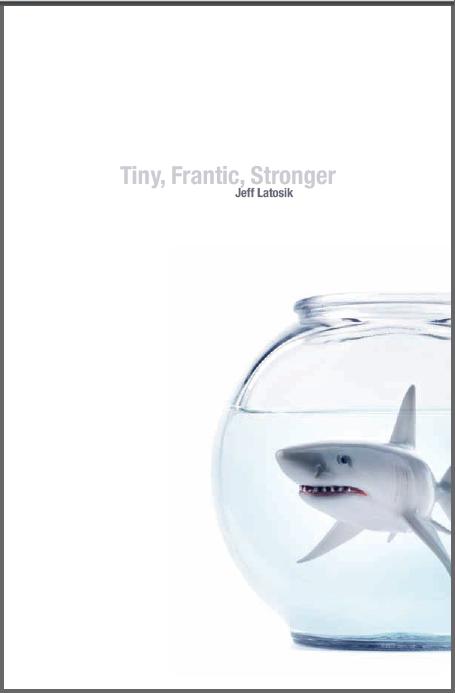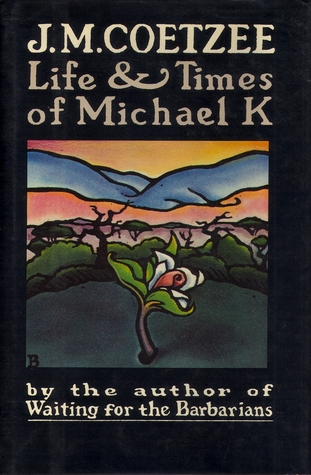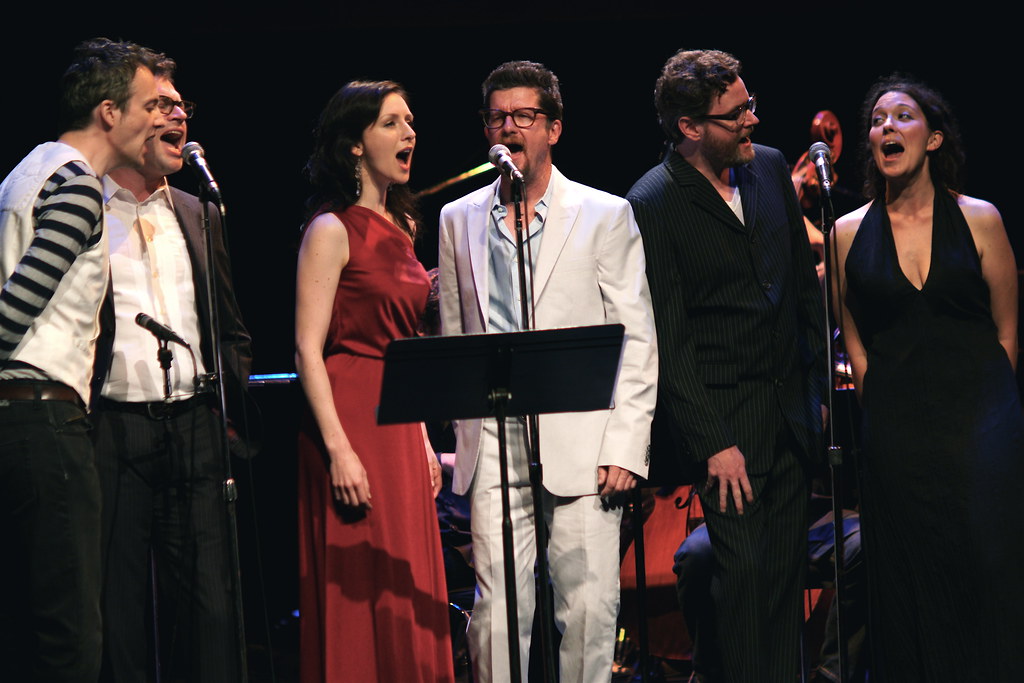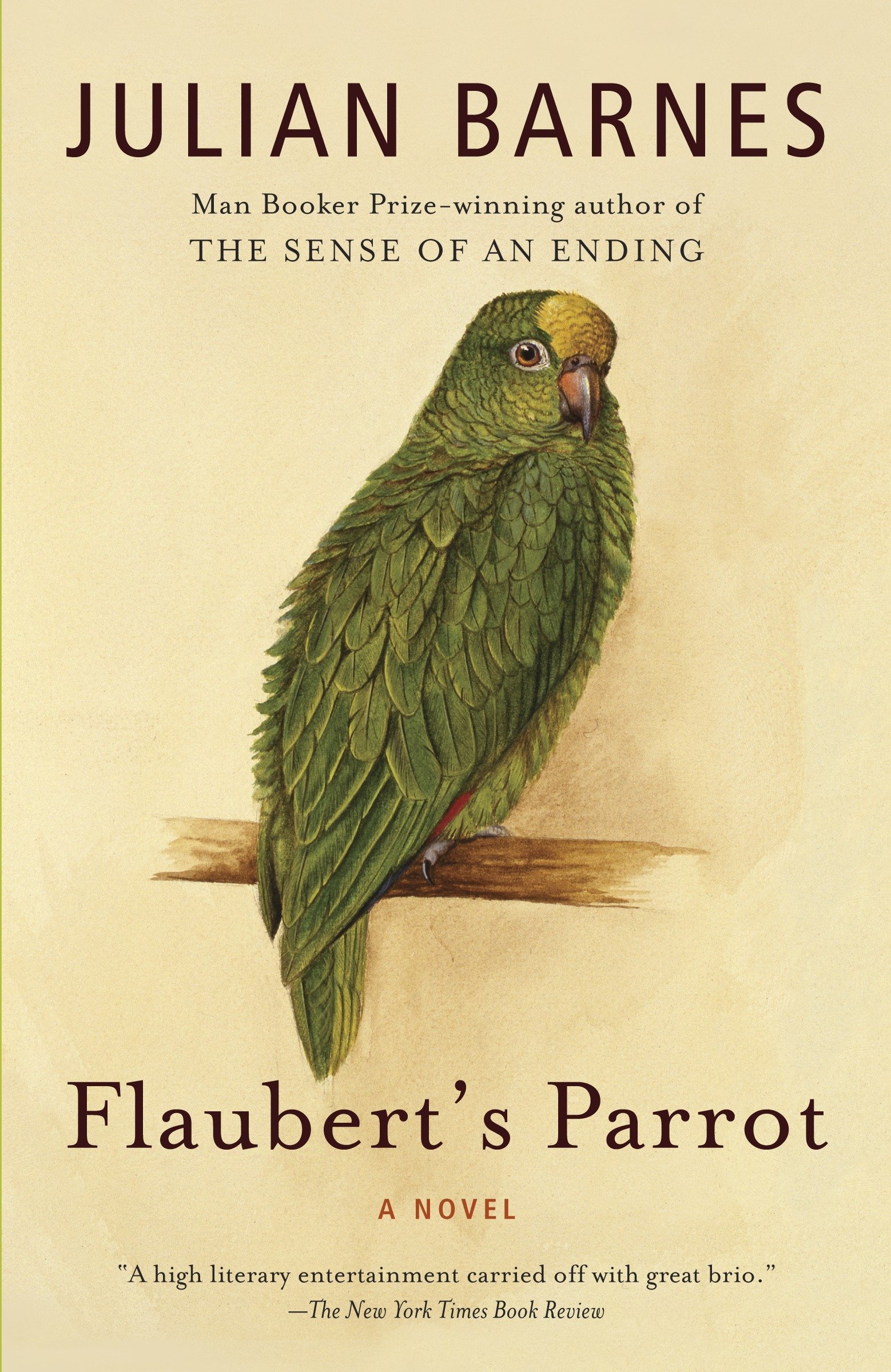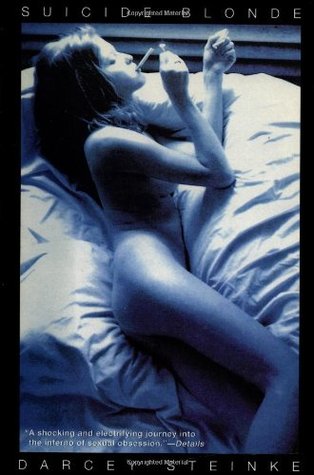Of all the things Heighton stares and stares at, the thing he fixes most intensely is the matter of justice. He wants to know why bad people sometimes thrive while the just are routinely crucified.
Tag: Review
Curio, by Laura Ellen Scott
Curio is an echapbook originally serialized at uncannyvalleypress.com, it is now available for kindle or in epub format. The cost is a tweet or post to your facebook wall (i.e. it’s free).
Dissing the Oscars – Inglorious Basterds & A Serious Man
Three more days until the Oscars and four more Best Pictures nominees to get through in my “Dissing the Oscars” series. If I’m going to look at them all before the winner is announced on Sunday, I’ll have to double up my reviews. So why not lump together the “quirky” films from the “quirky” directors?
A Singer Must Die – Art of Time with Steven Page
In June of 2008, I heard the Art of Time Ensemble perform with Steven Page at Harbourfront Centre in Toronto. It was part of their Songbook series, an annual event where Andrew Burashko and the Art of Time Ensemble invite a well known Canadian artist to select a handful of favourite songs.
Gödel’s incompleteness theorem in John Gould’s Kilter
In John Gould’s kilter: 55 fictions, one of those fictions, called kaNsas, tells the story of how a grad student from an unnamed Mathematics department meets a grad student from a similarly unnamed English department.
Some Pleasant Daydream: The Stories of Jiri Kajane
Sometimes, book reviewing carries risks. You’ve already seen how one negative review resulted in a threatening email from the author along with a puzzling photo of mating lions. But that’s nothing compared to the next review. After I shared my thoughts about Some Pleasant Daydream: The Stories of Jiri Kajanë, I was contacted by the FBI. Seriously.
Present Tense, by Anna Rabinowitz
To the extent that we think about themes in contemporary writing (assuming themes even exist outside high school English classes) one of the most familiar themes to trouble the contemporary reader’s brain is alienation.
Ten Storey Love Song, by Richard Milward
I was first attracted to Ten Storey Love Song because it began on the cover and continued to the end as a single 286 page paragraph – a quiet challenge to our assumption of what a book should look and read like.
Toronto the Whore and Michael Redhill’s Consolation
There was a time when fiction writers from Toronto were self-conscious about setting their stories in Toronto. Our city was too provincial to be real. It was urban enough, but had no credibility. It was still too close to its parochial roots.
Particularity in Jeff Latosik’s Tiny, Frantic, Stronger
I have volumes of poetry that once belonged to my grandfather and which had belonged to his aunt before him. Some are more than 100 years old, mostly falling apart, with fake gilt lettering on the spines – Coleridge, Wordsworth, Tennyson, Longfellow. Back then, the rules for poetry went like this.
Thanksgiving Reading Suggestion: Life & Times of Michael K
I locate my roots in the left — with my nice middle-class suburban liberal upbringing — but lately, I’ve felt disillusioned by the left’s effete response to power’s abuses which I find indistinguishable from complicity.
Art of Time Abbey Road Concert
Last year marked the 40th anniversary of the Beatles’ Abbey Road released on September 26, 1969. To celebrate, the Art of Time ensemble had performed a concert that went track by track through the album.
Fluff American Style
I saw The Social Network on opening night but didn’t post anything here because after the movie was over I went home and promptly forgot about it.
Squawking about Flaubert’s Parrot by Julian Barnes
Flaubert’s Parrot is a literary romp by Julian Barnes that tracks the obsessive research of a widowed doctor named Geoffrey Braithwaite. Along the way, Dr. Braithwaite considers all kinds of arcane details about the famed French novelist: his sexual proclivities, plots for unwritten novels, and the use of animals in his writing.
Suicide Blonde by Darcey Steinke
In yesterday’s post on Henry Miller’s Tropic of Cancer, I asked a question which I never answered: “And can we make anything more of it [the Tropic of Cancer] 75 years after its publication?” That’s a question about Miller’s legacy.
